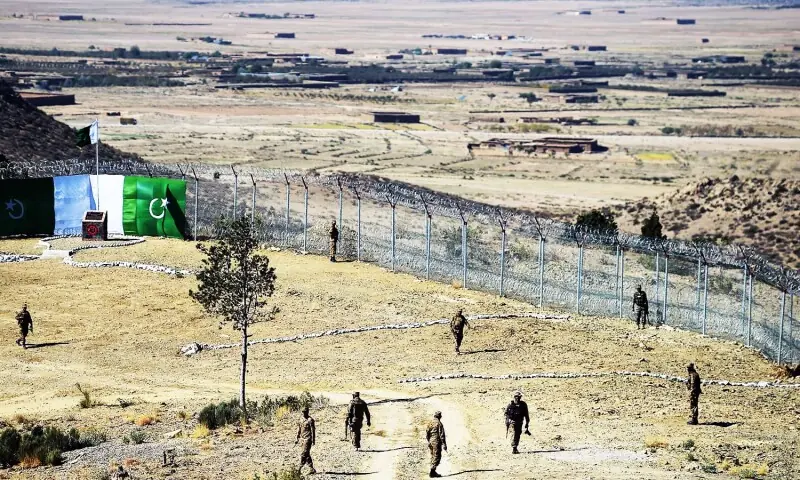Pakistan and Afghanistan agreed early Friday to continue a ceasefire following a rapid deterioration in ties between the two neighbors and a brief conflict along their shared border earlier this month.
Discussions between Pakistani and Afghan Taliban delegations began in Istanbul on Saturday, but Islamabad’s long-standing concern over terror attacks coming from Afghanistan remained a major point of contention, resulting in a stalemate. The latest efforts by the mediating countries on Thursday brought both sides back to the negotiating table.
A joint statement released after the conclusion of the latest round of dialogue stated that “other implementation modalities will be discussed and decided” during a director-level meeting in Istanbul on November 6.
Meanwhile, the two countries also agreed on a “monitoring and verification mechanism” to ensure the “maintenance of peace” and impose sanction on the side that violates the ceasefire.
“All parties have agreed to put in place a monitoring and verification mechanism that will ensure the maintenance of peace and impose sanctions on the offending party,” said the joint statement published by the Ministry of Foreign Affairs of the Republic of Türkiye.
The statement further said that as mediators, Türkiye and Qatar expressed their gratitude for the “active contribution of both sides” and that the two countries will continue their cooperation with both sides for “lasting peace and stability.”
Türkiye and Qatar have deep ties with Pakistan, while Qatar also played an important role in negotiations between the Afghan Taliban and NATO forces.
Border skirmishes and talks
Pakistan and Afghanistan have seen worsening ties in recent weeks, including border skirmishes, counter-statements and accusations.
Hostilities began earlier this month when an attack was launched against Pakistan from Afghanistan on the night of October 11. The attack followed an allegation by the Afghan Taliban of Pakistani airstrikes against Afghanistan, an allegation that Islamabad has neither confirmed nor denied.
For its part, Islamabad has long demanded that the Taliban prevent terrorist groups from using its soil against Pakistan. The Taliban, however, deny the accusation of allowing terrorists to operate from Afghan soil.
Meanwhile, Pakistan continues to grapple with the issue of terrorism and has suffered multiple casualties among security forces in intelligence-based operations.
After the initial skirmish on October 11, many others occurred along the Pakistan-Afghanistan border. Meanwhile, the Islamabad attacks also targeted the camps of the Gul Bahadur group in Afghanistan.
Ultimately, the two sides met for talks in Doha, resulting in a temporary ceasefire, as well as a commitment to meet again in Istanbul to work on mechanisms for lasting peace and stability between the two countries.
The second round of talks between the two parties, mediated by Turkiye and Qatar, began last week in the Turkish capital.
But on Wednesday, Tarar announced in a post on X that the latest round of talks between Islamabad and Kabul in Istanbul “failed to achieve any viable solution.” He also stated that Pakistan would continue to take all possible measures to protect its citizens from terrorism.








